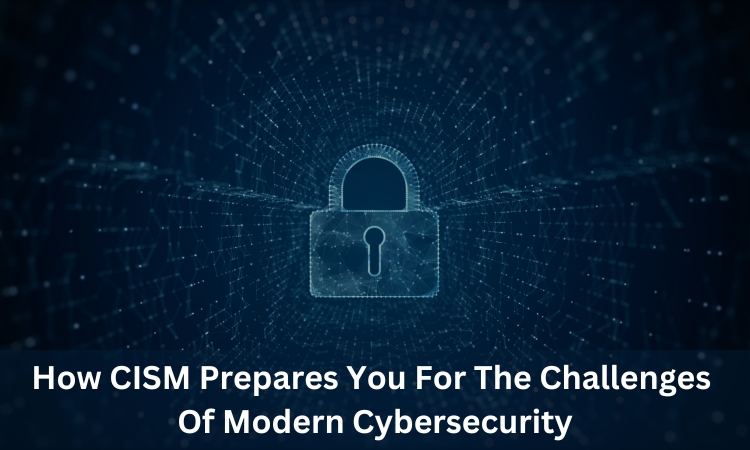1. Strategic Focus on Risk Management
How CISM Addresses Risk
- Risk Identification: CISM trains professionals to identify potential risks across various IT infrastructures, including networks, applications, and databases.
- Risk Assessment: You’ll learn how to assess the impact and likelihood of different threats, allowing you to prioritize resources effectively.
- Risk Mitigation: The certification teaches you to implement security measures that minimize risk while maintaining operational efficiency.
By focusing on risk management, CISM ensures you’re equipped to protect organizations from both external attacks and internal vulnerabilities.
2. Leadership and Governance Skills
How CISM Prepares You for Leadership Roles
- Governance Frameworks: CISM provides a deep understanding of frameworks such as COBIT, NIST, and ISO 27001, which are essential for designing and implementing robust security governance models.
- Security Policies and Procedures: You’ll gain expertise in developing security policies that comply with legal and regulatory requirements, while also fostering a culture of security within the organization.
- Stakeholder Communication: As a CISM-certified professional, you’ll be prepared to communicate effectively with both technical teams and executives, bridging the gap between cybersecurity and business leadership.
In today’s interconnected world, cybersecurity leaders must make strategic decisions that ensure long-term protection without hindering business operations. CISM provides the skills needed to take on these leadership responsibilities.
3. Proactive Threat Detection and Response
Key Proactive Measures Covered by CISM
- Threat Intelligence: The certification emphasizes the importance of gathering, analyzing, and acting on threat intelligence to anticipate potential attacks.
- Incident Response Plans: CISM teaches how to develop and implement incident response plans that minimize the impact of security breaches.
- Continuous Monitoring: CISM-certified professionals are trained to use advanced monitoring tools and techniques to detect unusual activities and prevent security incidents from escalating.
In an era where data breaches and ransomware attacks are common, being able to proactively manage threats is vital. CISM ensures that you have the skills needed to keep your organization’s defenses ahead of cybercriminals.
4. Adaptability to Changing Technologies
How CISM Helps You Stay Ahead of Technology Trends
- Cloud Security: CISM covers the specific security challenges posed by cloud environments, including data privacy, access control, and compliance issues.
- IoT Security: The certification addresses how to secure interconnected devices, which are often targets for cyberattacks due to weak security configurations.
- AI and Automation: CISM-certified professionals learn to leverage AI for threat detection while understanding the risks associated with autonomous systems.
In a constantly changing digital environment, cybersecurity professionals must stay informed and adaptable. CISM equips you with the ability to update security protocols as new technologies emerge.
5. Compliance and Regulatory Expertise
Why Compliance Matters in Cybersecurity
- Avoiding Penalties: Failure to comply with regulations may lead to substantial financial penalties and harm an organization’s reputation significantly.
- Customer Trust: Maintaining compliance helps build trust with customers by ensuring their data is protected.
- Global Standards: CISM teaches you how to implement security measures that comply with international standards, making your expertise valuable to global organizations.
With a focus on compliance, CISM helps you mitigate legal risks and maintain a high standard of information security.

